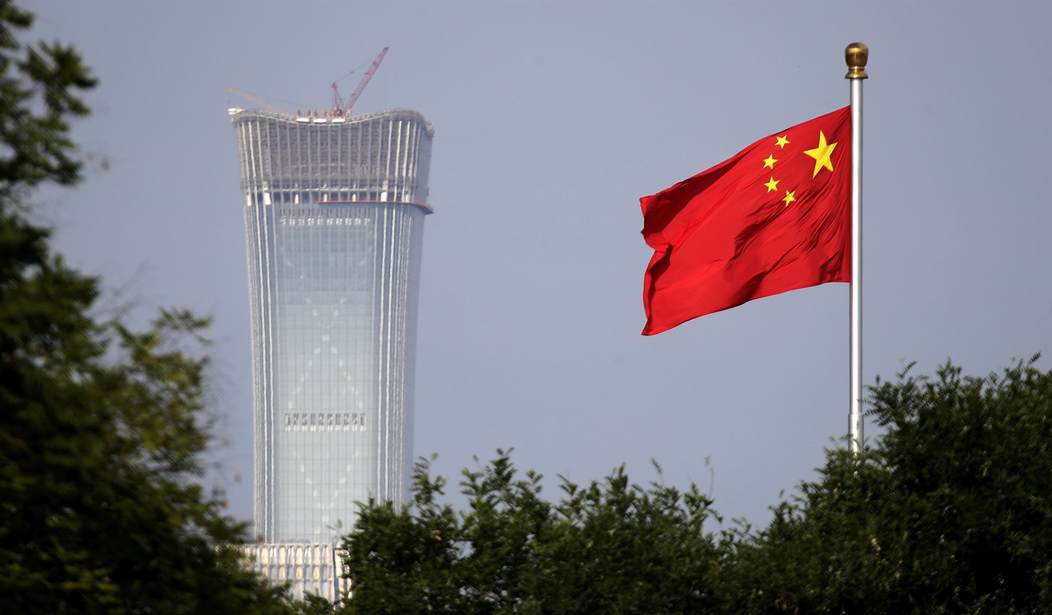In 2020, China decided that it was going to be the standout when it came to responses to COVID. That meant a couple of things. First, the government lied about the impact of the disease and second it locked down enormous sections of the country to the point that many people were not allowed to leave their apartments for weeks at a time except to pick up food deliveries. This zero COVID plan was the brainstorm of Xi Jinping which meant there was no backing away from it unless it could be declared a big success.
But by the end of last year, most people had had enough of the lockdowns and the invasive mandatory testing. It all seemed to boil over after a high rise building caught fire and there were people trapped inside. Firefighters couldn’t get to them because the streets were clogged with cars that didn’t run because the batteries were all dead after not being started for months. After the fire, there were riots in the streets demanding an end to zero COVID. And within a matter of weeks, zero COVID was over.
The expectation was that the end of the policy would lead to a surge in pent-up economic activist and at first that did seem to happen. But it didn’t last. In fact, China’s grown could be near zero in the 2nd quarter:
In the first three months of this year, for example, China’s economy grew more quickly than expected, thanks to its surprisingly abrupt exit from the covid-19 pandemic. Then in April and
May, the opposite happened: the economy recovered more slowly than hoped. Figures for retail sales, investment and property sales all fell short of expectations. And the unemployment rate among China’s urban youth rose above 20%, the highest since data began to be recorded in 2018. Some economists now think the economy might not grow at all in the second quarter, compared with the first. By China’s standards that would count as a “double dip”, says Ting Lu of Nomura, a bank.
Normally what China does when the economy is sputtering is spend a bunch of money to stimulate it. But this time there’s some hesitation.
China has tried many fixes over the last few years when its economy had flagged, like heavy borrowing to pay for roads and rail lines. And it spent huge sums on testing and quarantines during the pandemic. Extra stimulus spending now with borrowed money would spur a burst of activity but pose a difficult choice for policymakers already worried about the accumulated debt.
“Authorities risk being behind the curve in stimulating the economy, but there’s no quick fix,” said Louise Loo, an economist specializing in China in the Singapore office of Oxford Economics.
The core of the current problem is China’s property market:
Housing construction has fallen nearly 23 percent in the first five months of the year, compared with the same months last year. That suggests the real estate sector has further to fall in the coming months.
Chen Leiqian, a 27-year-old marketer in Beijing, started looking for an apartment with her boyfriend in 2021 after five years of dating. But they then decided to stay put in a rental apartment when they married.
While the US has been raising interest rates to fight inflation, China is expected to drop rates this week in an effort to get people spending but there’s no guarantee that will work. The problem may not be that people don’t have money to spend but rather that they’re not willing to spend what they have.
Charles Wang runs a small travel company with eight employees in Zhangjiakou, in northern China. His business has almost fully rebounded after the pandemic but he has no plans to invest in expansion.
“Our economy is actually going down, and everyone doesn’t have so much time and willingness to spend,” Mr. Wang said. “It’s because people just don’t want to spend money — everyone is afraid again, even the rich.”
An economist for a French bank to the Times, “You can throw money on people but if they are not confident, they will not spend.”








Join the conversation as a VIP Member